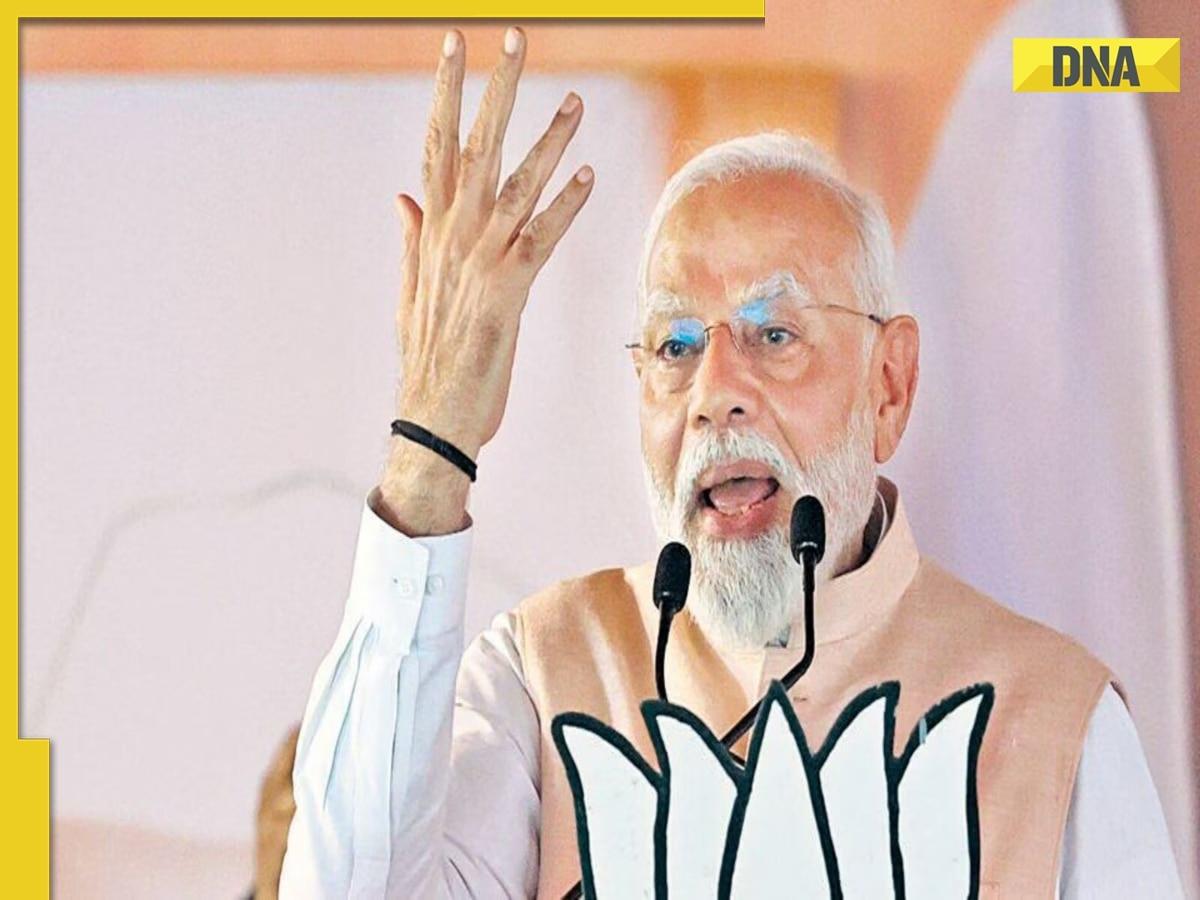
Prime Minister Narendra Modi is set to chair seven high-level meetings on Sunday, tackling a diverse agenda that spans from disaster management to strategic government planning. These sessions will include a pivotal brainstorming meeting aimed at reviewing the 100-day agenda for the incoming government, which is slated to take office following the results of the Lok Sabha elections.
Exit polls broadcast on Saturday have indicated a substantial victory for the BJP-led National Democratic Alliance, suggesting that Modi is poised to secure his third consecutive term as Prime Minister. The actual results of the Lok Sabha elections, which will determine the final composition of the government, are anticipated to be announced this Tuesday.
Government insiders have disclosed that Modi’s itinerary includes a crucial meeting to assess the aftermath of Cyclone Remal, with a particular focus on the northeastern regions severely affected by this natural disaster. The cyclone has brought about widespread devastation, requiring an immediate and concerted response from the central government to aid in relief and recovery efforts.
In addition to addressing the cyclone’s impact, the Prime Minister will also preside over a meeting focused on the prevailing heatwave situation that has been affecting large swathes of India. The country has been grappling with record high temperatures, leading to severe health hazards and economic disruptions. This meeting aims to evaluate the implementation and effectiveness of ongoing measures and devise new strategies to mitigate the heatwave’s effects on the populace.
Another significant meeting on Modi’s agenda is dedicated to the preparations for World Environment Day, which falls on June 5. The Prime Minister has emphasized the importance of environment conservation and sustainable practices, urging his government to celebrate this day on a grand scale. The session will likely address plans for nationwide campaigns, awareness programs, and policy initiatives aimed at promoting environmental sustainability.
As the electoral process was still in the works, Prime Minister Modi had proactively initiated preparations across various government departments to outline a comprehensive 100-day plan for the new administration. This preparatory work underscores Modi’s commitment to ensuring a swift and proactive start for the government following the Lok Sabha election results.
.
He has instructed his Council of Ministers to prioritize key programs and initiatives that will define the administration’s focus during its initial 100 days in office. These priority missions encompass a variety of sectors aimed at accelerating development, fostering economic growth, and enhancing social welfare measures.
The 100-day agenda is expected to cover a broad spectrum of policy areas including economic reforms, infrastructure development, healthcare improvements, and educational advancements. Modi has always showcased a penchant for setting ambitious targets and driving robust governance. The forthcoming sessions will likely brainstorm innovative solutions and practical approaches to achieve these objectives.
In addition to planning immediate response measures for natural calamities and environmental issues, the sessions will also involve discussions on reinforcing the country’s disaster management framework. This is integral, especially in light of the recent calamities, to better equip the nation in managing and mitigating future natural disasters.
Modi’s comprehensive review will likely include updates from relevant ministries and departments, assessments of current strategies, as well as directives for new initiatives and collaborations. This multifaceted approach indicates a meticulous planning process, aimed at enhancing efficiency and effectiveness across government operations.
As Modi gears up for his third term, these meetings reflect his determination to address pressing issues head-on and lay a solid foundation for the new administration. The outcomes of these discussions will not only shape immediate policy responses but also set the tone for long-term governance and developmental strategies.
In summary, Prime Minister Narendra Modi’s agenda for Sunday is both detailed and ambitious, encapsulating key concerns ranging from environmental sustainability to disaster management. His proactive stance and rigorous planning signal a decisive approach to governance, aimed at steering India towards a more resilient and progressive future.












